Corporate Updates
25 AUG 2020
China Everbright International holds Meetings with Representatives of the Hangzhou, Tianjin and Ji'nan Regional Centers of the Company's Environmental Energy Sector
China Everbright International Limited CEO Wang Tianyi recently visited regional management centers of the company's environmental energy sector. While there, he visited Hangzhou Jiufeng Waste-to-energy project, Tianjin Beichen Waste-to-energy project and Shandong Ji'nan Waste-to-energy project. During his visits, he held meetings with representatives of the regional management centers to have thorough discussions on project construction and operation, as well as relevant demands and suggestions. Mr. Wang also deployed works during the meetings.
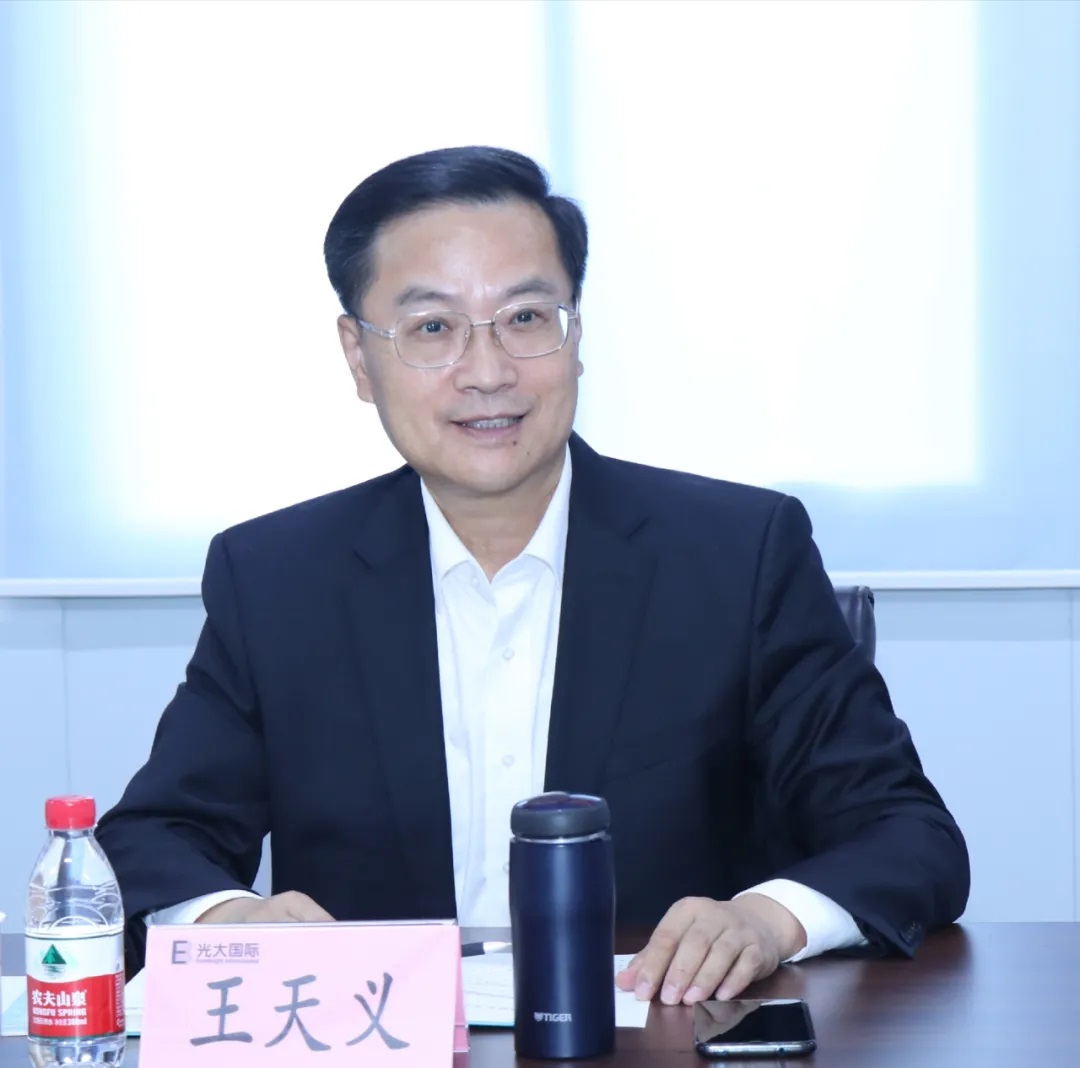
During the meetings, Mr. Wang listened to briefings and suggestions on project investment, construction and operation by the representatives. He listened carefully regarding the demands and difficulties of the projects' development, and exchanged views on construction engineering, operations management, bidding and procurement, human resources, financial management and brand promotion. He also deployed further working arrangements according to current business developments and market situation.
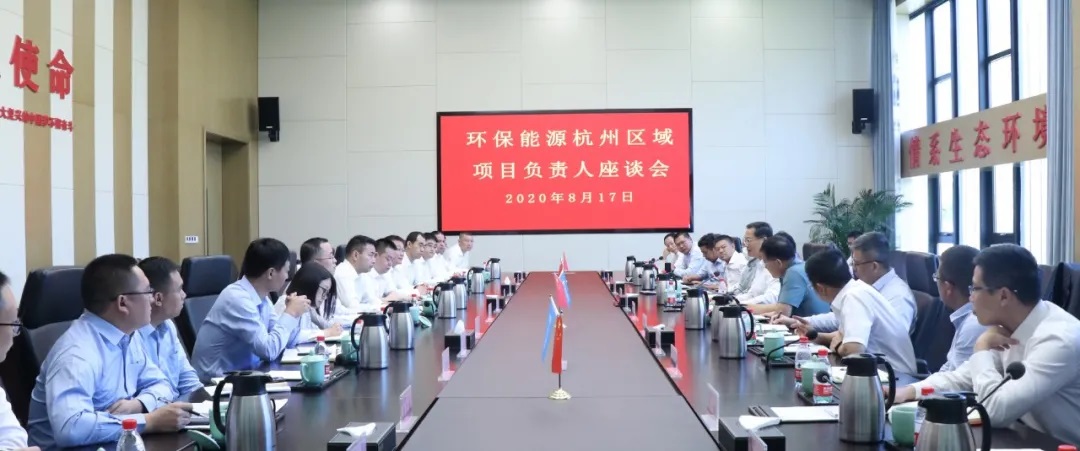
Mr. Wang mentioned that under China Everbright Group's "Four, Three, Three" Initiative, and as the country's leading enterprise, Everbright International has been putting in great effort in becoming the world's leading ecological environmental group. The company has achieved the "Two Largest" for China's largest environmental protection enterprise and Asia's largest waste-to-energy investor and operator. The company has also achieved the "Two Best" for being selected as the Most Honored Company for four consecutive years and shortlisted in the Top 10 Firms with Highest Corporate Governance Index Scores by the Hong Kong Institute of Directors. In terms of social and environmental responsibility, Everbright International became the first to open up its environmental protection facilities for public visit, the enterprise with the largest scale and the best opening-up effect. Facing the existing market with competition and cooperation, Everbright International has continuously consolidated its competitive strengths, cultivated talent and boosted industry development. In the first half of 2020, in terms of prevention and control of the pandemic, the company took effective measures and achieved good results. In terms of business operations, it made extraordinary efforts with unyielding spirit and achieved exemplary results on time in the middle of the year. This has been fully demonstrated by the extraordinary capabilities and strengths of the company.
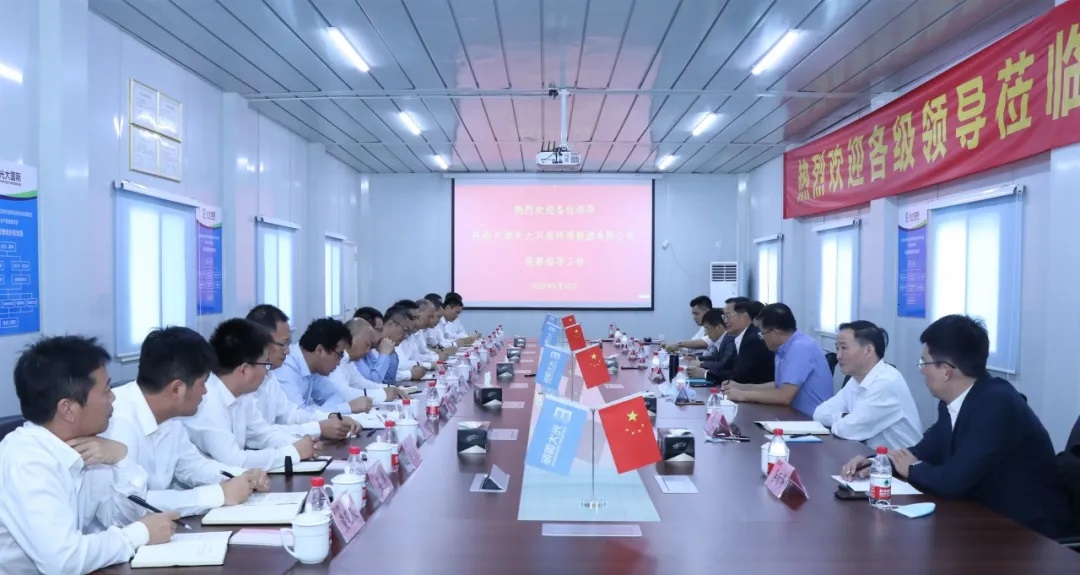
Mr. Wang pointed that at the starting point of a new development era, Everbright International is embracing one of the proudest moments while facing challenges and pressure. To cope with opportunities and challenges, the company will show extraordinary encouragement and wisdom to transform its fulfilment and pressure into motivation to continuously develop with the highest quality. He said the company would firmly follow its principles of "Two Nevers", "Four Withstands", "Three Zeroes" and "Three Ones". In terms of project construction, Everbright International will adhere to the principle of "productivity, efficiency, quality, cost-effectiveness, legitimacy, safety and integrity". In addition, it will follow its development strategies that focus on the three major areas, five major capabilities, eight major business sectors and seven major aspects, as well as the three areas of the environment, resources and energy under its "Three Domains" business layout, in order to achieve synergy in the development of economic benefits and social wellness and constantly promote its environmental protection business to a higher level.
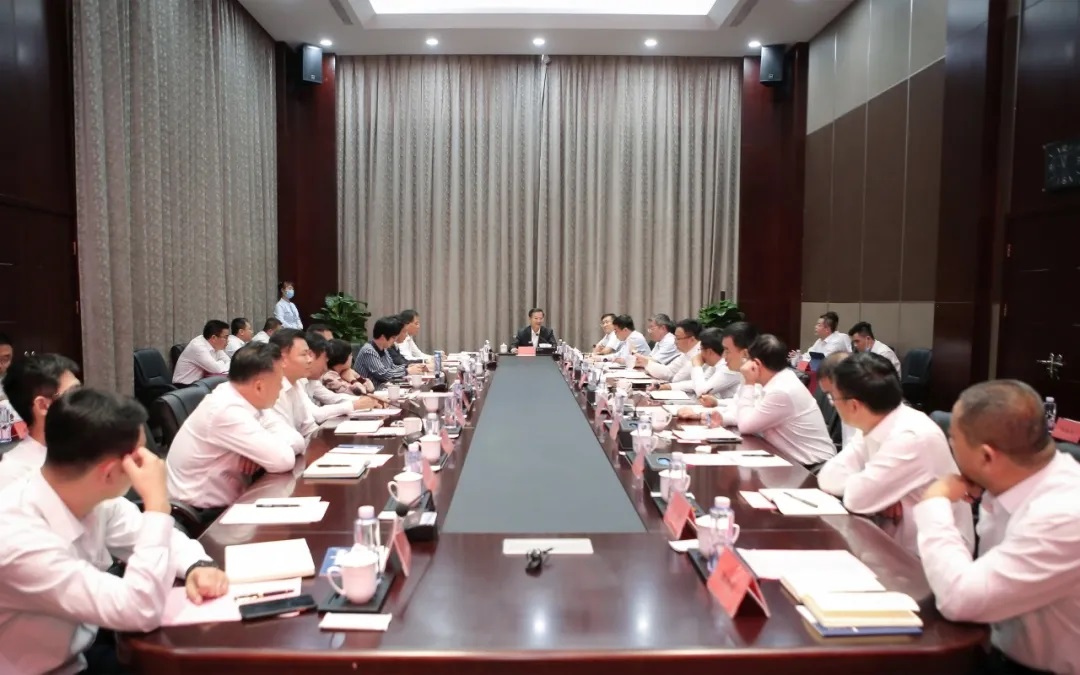
Based on the current situation of Everbright International's business, Mr. Wang brought up five requirements for the further deployment of each region:
(1) Project parity – to promote parity of newly-secured and existing projects.
(2) Business synergy – to ensure business synergy of waste incineration projects, industrial parks, industrial chains and cross-sectors.
(3) Management digitalisation – to promote the digitalised management approach.
(4) Diversification of employment – to take multiple measures across different segments to better adapt to the new requirements of payroll management.
(5) Equalisation of management – to achieve balanced improvement in the overall quality and ability of Everbright International's management, through effective communications and exchanges across projects, regions and sectors.
Mr. Wang attached great importance and was full of expectations on the current situation and future development of the three regions. He pointed out that Zhejiang is China's leading green development area with a developed economy and sound business environment. Everbright International has formed scalable investment and brand effect in Zhejiang. Hangzhou has made orderly progress in industrial chain, incineration and synergetic development across sectors and the achievements are worthy of recognition. He hoped that the regional team in Hangzhou will have more and better investment prospects in Zhejiang and achieve new breakthroughs in waste-sorting and synergies across sectors. The Tianjin regional center, the northernmost one of Everbright International's domestic investment layout, covers large cities and large projects and is in a unique position in the development process of the company. It is hoped that the Tianjin regional center will continue to explore experiences in technological management of waste-to-energy projects in northern China and make new achievements in the market expansion of new sodium lamp and waste-sorting. Shandong is the starting point of Everbright International's environmental protection business as well as the second region with the largest investment scale of the company. With all the advantages, the Ji'nan regional center should embrace the development situation, actively face all issues and continuously improve in terms of scale, effect, quality, brand, team, safety and investment to have a leading position. Mr. Wang encouraged staff from all regional centers to put in full effort and embrace challenges with a positive attitude, make concerted efforts in a united spirit, drive the regional business to a new height and realise the high quality and sustainable development of the company.
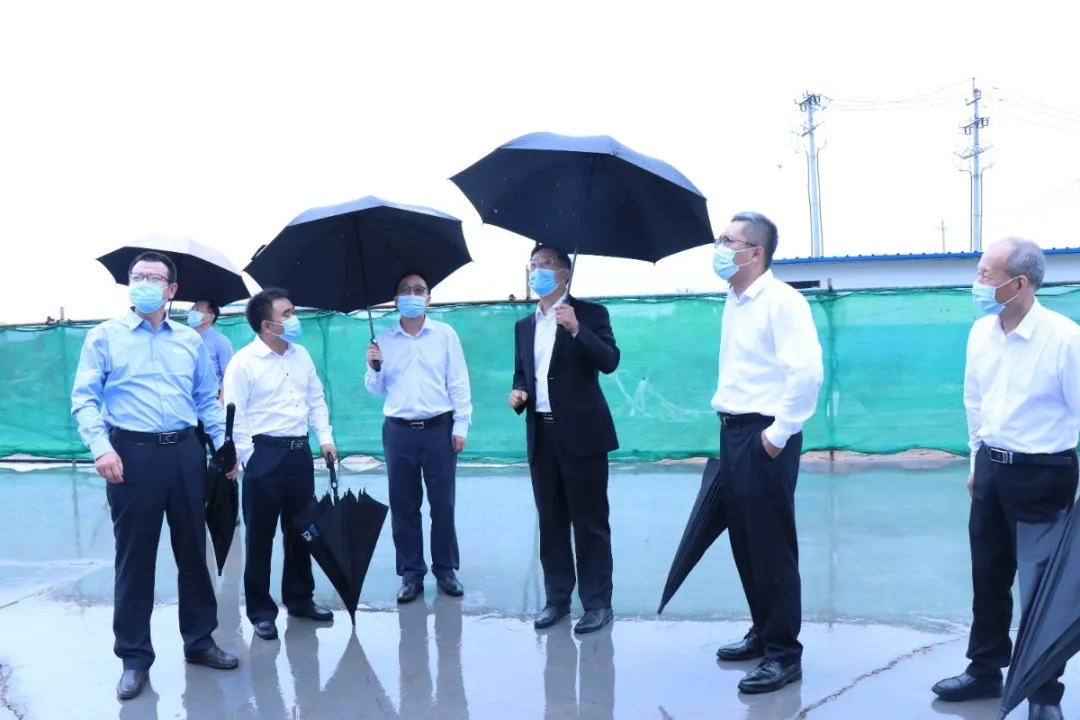
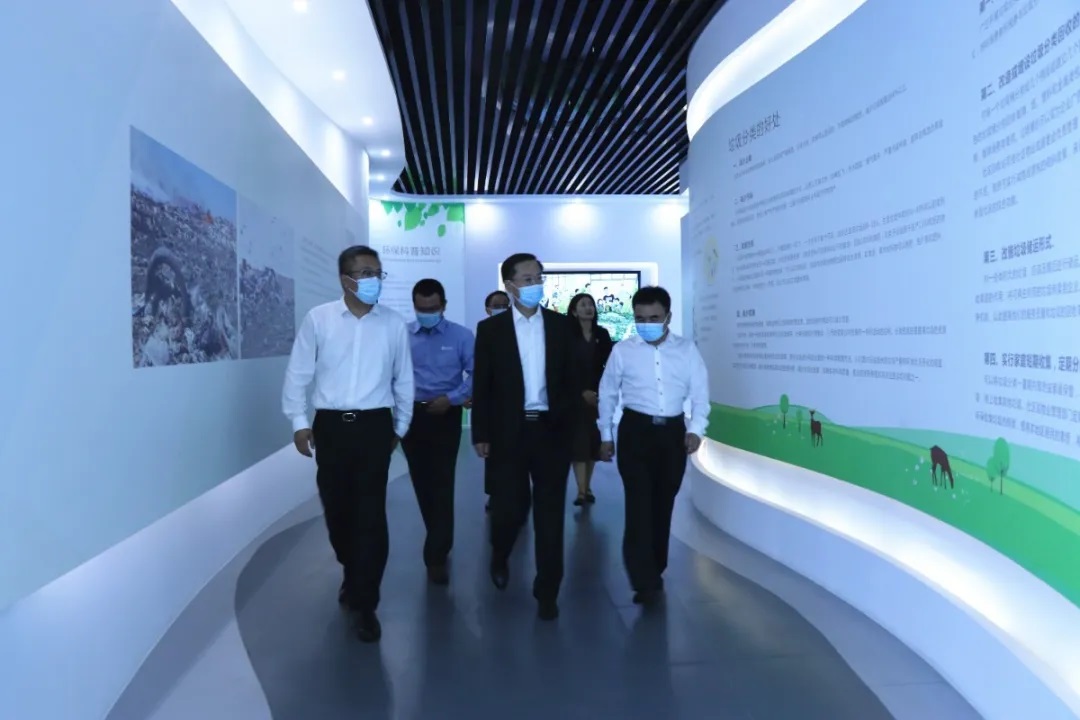
Extended Reading
The Hangzhou regional management center of Everbright International's environmental energy sector covers Zhejiang Province, with business in the waste-to-energy, food waste treatment and fly ash treatment segments. It has 10 waste-to-energy projects, 4 food waste treatment projects and 1 fly ash landfill project, with a total investment of over RMB7 billion. The total designed daily processing capacities of these projects are: 11,000 tonnes of household waste and 320 tonnes of food waste.
The Tianjin regional management center of the environmental energy sector covers Tianjin City, as well as Hebei, Liaoning and Heilongjiang provinces, with business covering waste-to-energy, food waste treatment, leachate treatment and fecal treatment segments. It has 9 waste-to-energy projects, 3 food waste treatment projects, 2 leachate treatment projects and 1 fecal treatment project, with a total investment of over RMB13 billion. The designed daily processing capacities of these projects are: approximately 17,000 tonnes of household waste, 800 tonnes of food waste, 2,500 m3 of leachate and 300 tonnes of fecal.
The Ji'nan regional management center of the sector covers Shandong province, with business covering waste-to-energy, food waste treatment, leachate treatment and sludge treatment and disposal. It has 33 waste-to-energy projects, 2 food waste treatment projects, 1 leachate treatment projects and 1 sludge treatment and disposal project, with a total investment of over RMB12 billion. The total designed daily processing capacities of these projects are: approximately 22,000 tonnes of household waste, 200 tonnes of food waste, 1,300 tonnes of leachate and 100 tonnes of sludge.









